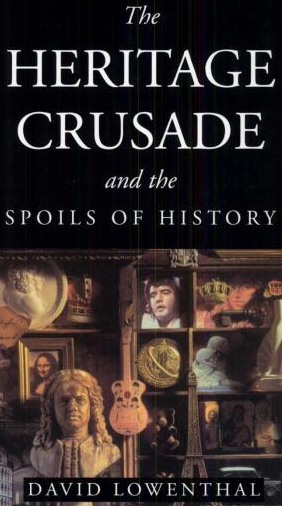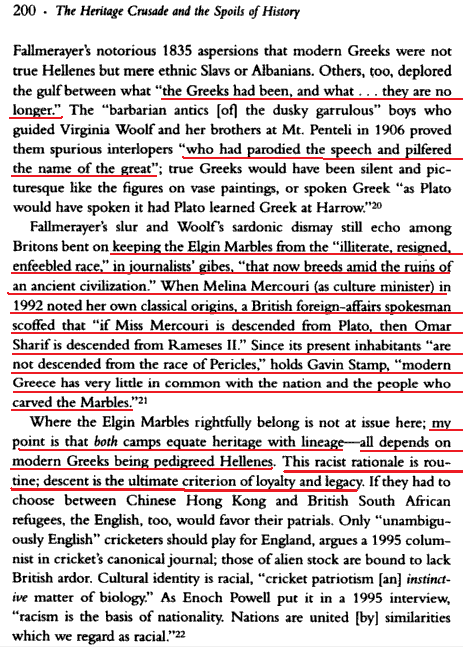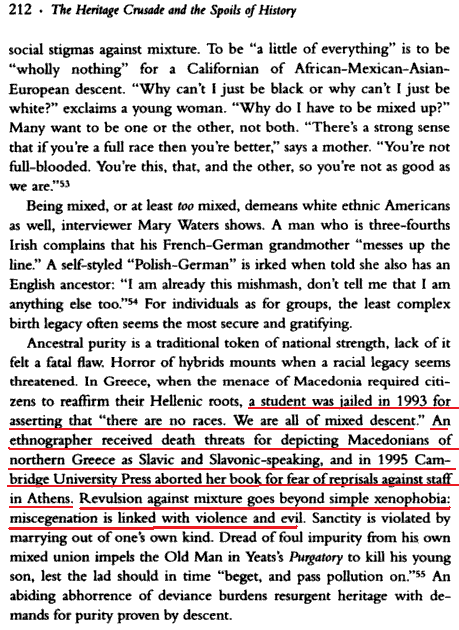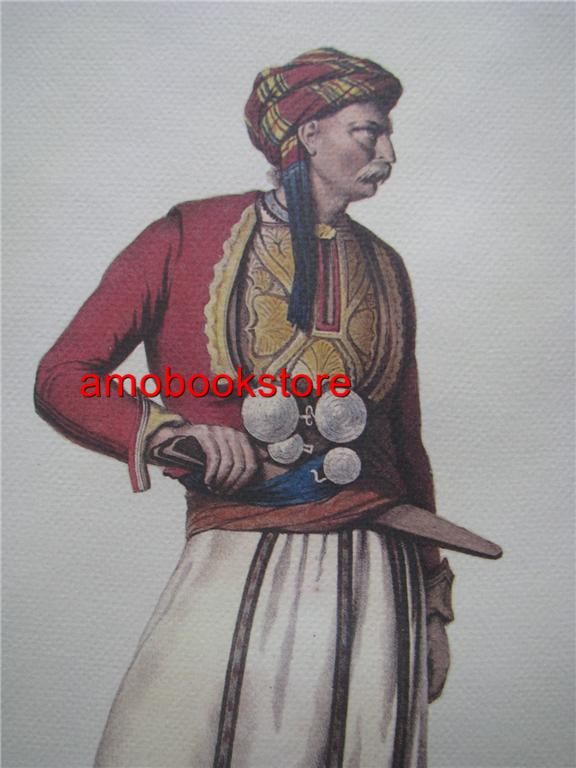This article made me laugh because it's as if this writer just wanted to jab our southern neighbors in the ribs lol.
A fiver for the Elgin marbles, anyone?
Only in Britain are all the national museums and galleries free – it is time to show our gratitude
Ian Jack The Guardian, Saturday 26 September 2009 Article history
You can come to London and see the Elgin marbles for nothing; at the new Parthenon Museum in Athens you'll pay €5 not to see them.
Interesting article inside besides this little amusing jab.
A fiver for the Elgin marbles, anyone?
Only in Britain are all the national museums and galleries free – it is time to show our gratitude
Ian Jack The Guardian, Saturday 26 September 2009 Article history
You can come to London and see the Elgin marbles for nothing; at the new Parthenon Museum in Athens you'll pay €5 not to see them.
Interesting article inside besides this little amusing jab.







Comment